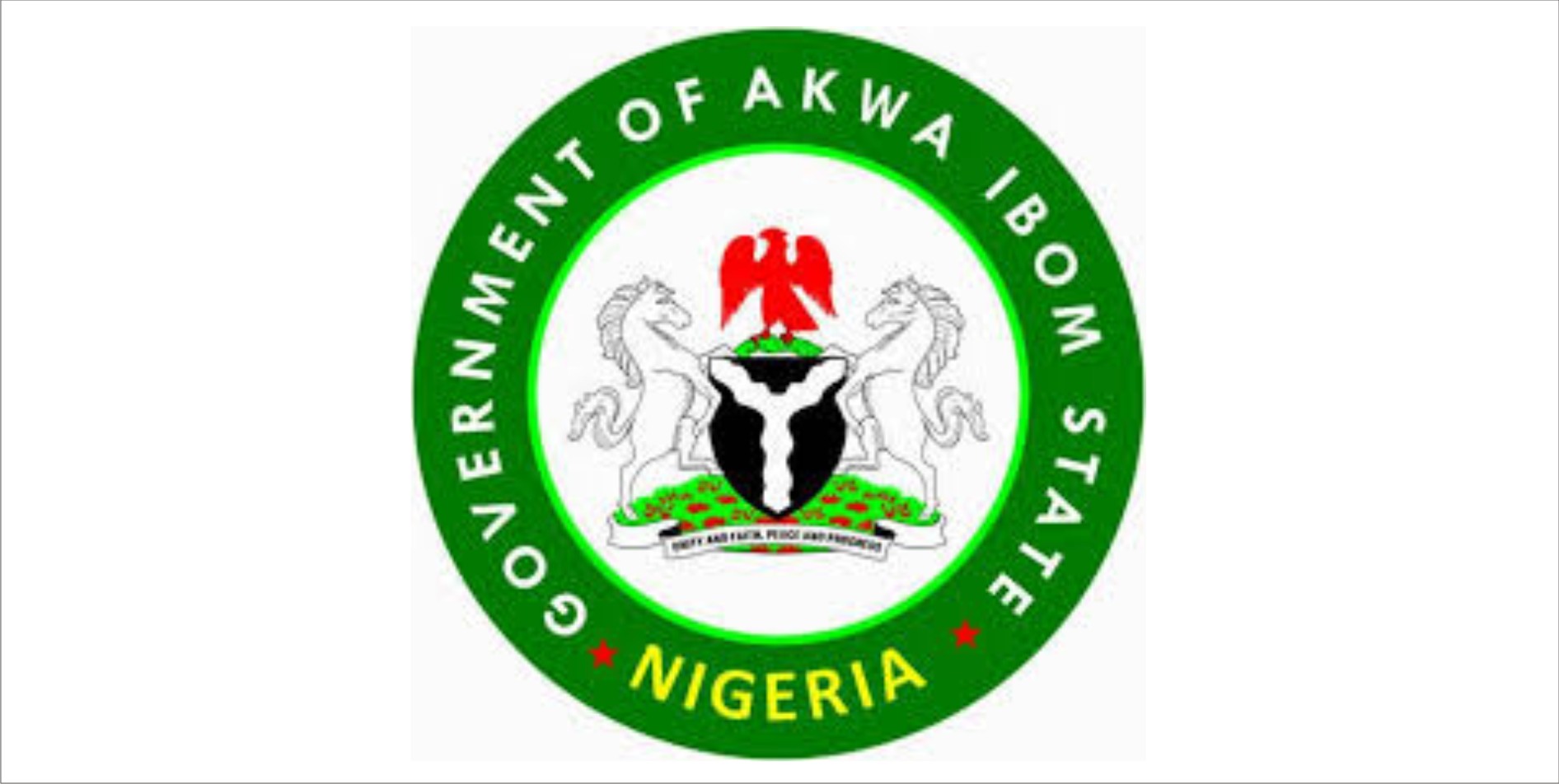Niger Delta
Lockdown: A’Ibom Doctors Threaten Strike Over Assault On Member

Resident doctors in the University of Uyo Teaching Hospital (UUTH), Akwa Ibom State, have threatened to down tools in the state over alleged assault on one of their members by a security operative.
This was contained in a statement, jointly signed by its President, Dr Paul Walshak, Secretary, Dr Ekemini Bassey and Publicity Secretary, Dr Ekomobong Udoh and made available to newsmen in Uyo yesterday.
The association condemned the brutalisation of Dr David Daniel Edet, while going to work.
According to it, the police Sgt. Alexander Edidiong, allegedly refused to let Dr Edet pass the road block mounted along Nung Oku junction to enforce the restriction of movement order.
It added that in spite of the fact that Edet produced his valid means of identification as a medical doctor on duty, the police sergeant still went ahead to assault the medical doctor.
“Despite appropriately identifying himself as a doctor with his Identity card and stating he was on his way to the hospital, Sgt. Alexander Edidiong, refused to let him pass the road block mounted along Nung Oku junction,
To enforce the restriction of movement order issued by the Akwa Ibom government which clearly exempts healthcare care workers on essential duties.
“Dr David Daniel Edet continued to impress on Sgt. Alexander Edidiong on the need to allow him go to perform his essential duty but instead, the officer got angry and using a big stick, struck Dr David on his left forearm leading to a fracture of the left ulna bone and dislocation of the left wrist which were confirmed by X-rays obtained last night.
“Based on the foregoing and following the resolutions of an emergency Exco meeting of the association of resident doctors, UUTH, we hereby make the following demands on the Nigerian police.
“They issue within the next 48 hours, a public release apologising on the action of their officer and guaranteeing the safety and freedom from molestation of our members who will be required to move around providing much needed healthcare services at this time.
“Publicly discipline the police officer who brutalised Dr Edet.
“Adequately compensate Dr Edet for the impact of the injuries he sustained on his career and defray the cost of all the medical bills that will be incurred in the course of his treatment,” it stated.
It also urged the police authority to commence the process of performing a psychiatry evaluation to determine the mental fitness of its officers and men that would be stationed at various road blocks in the state to save innocent public.
Niger Delta
Stakeholders In Delta Seek Stronger GBV Action, Women’s Leadership

Niger Delta
C’River Suspends Taskforce Activities Over Drivers’ Protest

Niger Delta
A’Ibom Assembly Urges More Private Investments In Agriculture

-

 News5 days ago
News5 days agoAmend Constitution To Accommodate State Police, Tinubu Tells Senators
-

 Politics5 days ago
Politics5 days agoSenate Urges Tinubu To Sack CAC Boss
-

 News5 days ago
News5 days agoDisu Takes Over As New IGP …Declares Total War On Corruption, Impunity
-
Politics2 days ago
2027: NIGERIANS FAULT INEC ON DIGITAL MEMBERSHIP REGISTER DIRECTIVE
-

 Environment2 days ago
Environment2 days agoLAWMA Director Says Sweeping Reforms Have Improved Waste Collection
-

 Featured5 days ago
Featured5 days agoFubara Reads Riot Act To New SSG, CoS …Warns Against Unauthorized Meetings
-
Rivers5 days ago
Etche Clan Urges Govt On Chieftaincy Recognition
-
News5 days ago
25 Killed In Adamawa Jihadist Attacks

